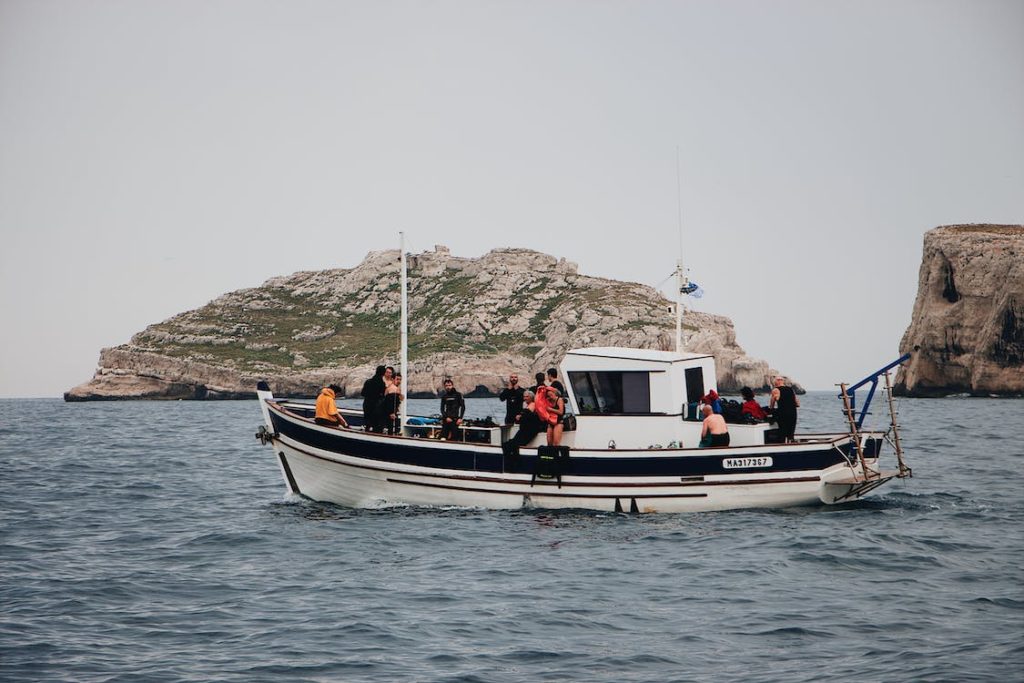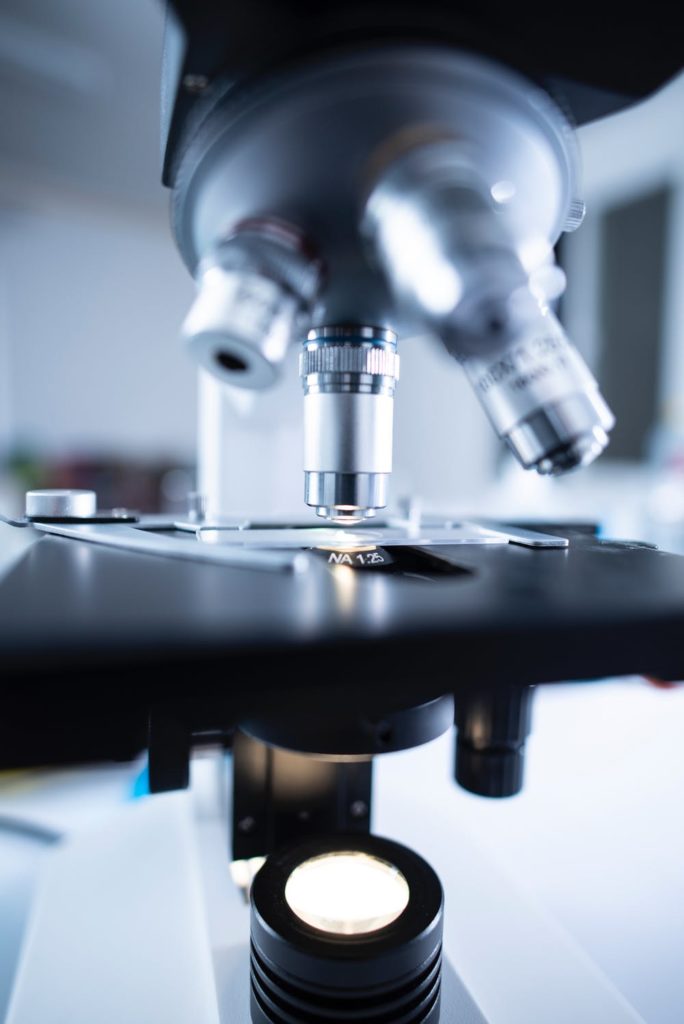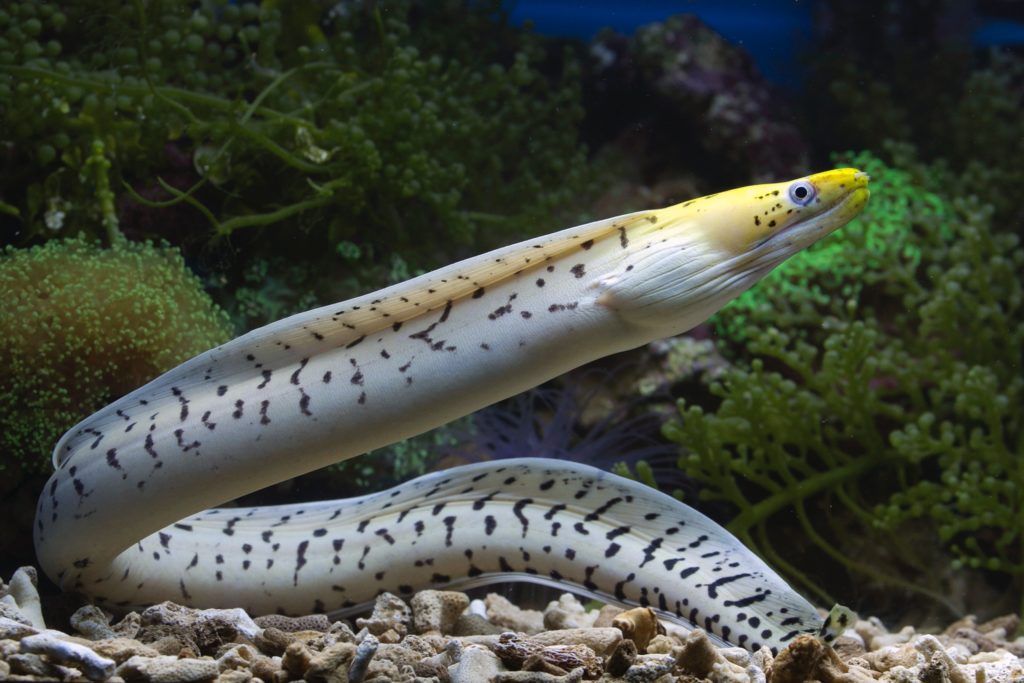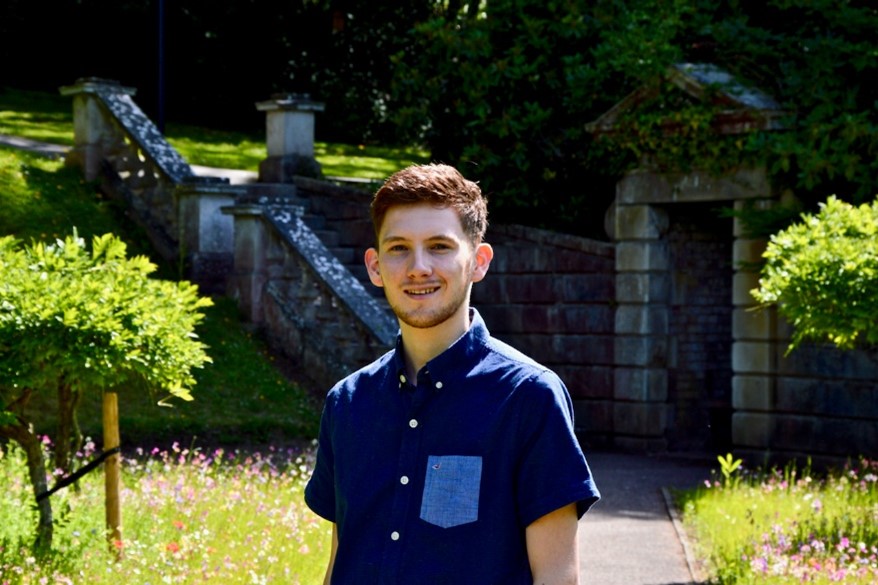
Name of Student: Alice Sharp
Degree Subject: Medicine (BMBS)
Job Title: BMBS Student Intern
Company Name: The University of Exeter
Description of Organisation:
The Department of Clinical and Biomedical Sciences is an internationally recognised centre of excellence for biomedical and clinical research and teaching with a focus on understanding the mechanisms and treatment of human disease.
Their research delivers direct benefit to patients, the NHS and the pharmaceutical industry, with the aim of understanding the underlying cellular, molecular and genomic basis of disease and applying this knowledge in innovative ways that lead to improved treatment and a better quality of life for patients. Scientists and clinicians in CBS work closely together to ensure that our research is directly targeted to clinical need.
Type of Internship:
Student Campus Partnership (SCP) | Employer Engagement & Student Employment | University of Exeter
What were your key duties and responsibilities during your internship?
Looking at a set of year 1 LSRC sessions and seeing if they included: equality, diversity and inclusion. Also, looking at and suggesting ways that the following can be included in those set of year 1 LSRCs.
What was your biggest achievement on your internship?
Contributing to changes in the medical school curriculum to make it more inclusive and to stimulate conversations around these subjects.
Were there any challenges and how did you overcome these?
I was given a lot of anatomy sessions, given the content of these sessions it was hard to think of ways to make them inclusive as the focus was on learning the structures in the body.
Skills Learnt:
- Ability to Work Under Pressure
- Organisation
- Time and Work Load Management
- Strategic Planning
- Researching
- IT
Attributes Developed:
- Perseverance
- Motivation
- Cultural Awareness
- Creative thinking
- Independence
- Confidence
Your message to other students considering a similar job role, organisation or sector?
“During my internship as a 3rd year medical student, I had the invaluable opportunity to contribute to the improvement of the year 1 curriculum for medicine. It was an enriching experience that allowed me to apply my theoretical knowledge in a practical setting.
Throughout the internship, I closely examined the existing curriculum, identifying its strengths and areas that needed enhancement. Collaborating with senior faculty members, I actively participated in discussions and proposed innovative ideas to refine the course structure and content.
This internship provided me with a deeper understanding of medical education and allowed me to make a meaningful contribution to the development of future physicians. It reinforced my passion for teaching and inspired me to continue striving for excellence in medical education. “









